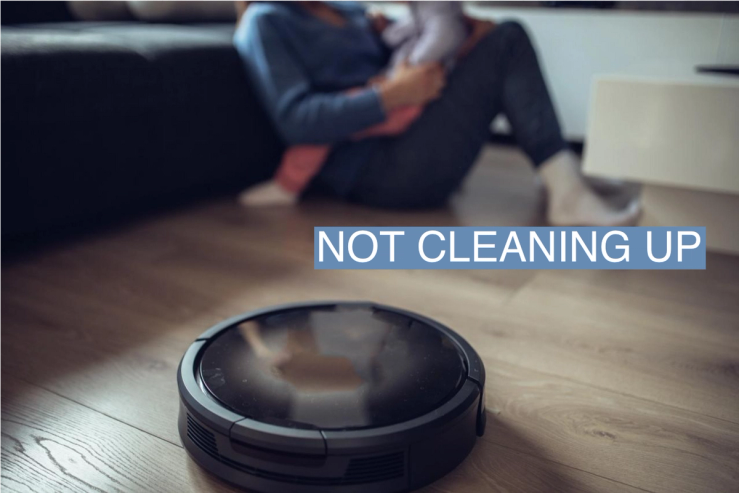The News
Amazon scrapped its $1.4 billion acquisition of iRobot, which makes the Roomba vacuum cleaners, saying the deal had “no path to regulatory approval in the European Union.”
EU officials had signaled they were concerned about how the deal would affect competition in the robot vacuum sphere. Amazon said in a statement that “undue and disproportionate regulatory hurdles discourage entrepreneurs.”
SIGNALS
EU enacts sweeping tech crackdown on antitrust grounds
European regulators have shown an increased willingness to crack down on big tech on antitrust grounds, as massive companies try to gobble up smaller startups. Online travel giant Booking’s $1.7 billion takeover of Sweden’s Etraveli Group was blocked last after the EU said it would harm the online travel agency sector. Adobe terminated its $20 billion merger with design platform Figma in December following pressure from EU and U.K. regulators. The EU’s competition chief also suggested this month it might look into the relationship between Microsoft and OpenAI. A Bloomberg Intelligence analyst said “large technology companies will have a tough time closing any acquisition given the current regulatory climates” in both Europe and the U.S., where the Biden administration has challenged deals at a record pace.
Is the EU shooting itself in the foot with its regulatory approach?
Critics have argued the EU’s crackdown stifles innovation. The head of the Computer & Communications Industry Association Europe told Semafor that the death of the Amazon-iRobot deal “sends the wrong message to both global investors and EU start-ups: as soon as you reach a certain size, you can forget about future mergers and acquisitions.” Europeans have founded successful tech companies, but many moved to the U.S. before starting them, the cofounder of the Center for New Liberalism, an international movement of center-left activists, wrote last year. He questioned whether the EU is simply overzealous, or if its regulatory approach will “stop the continent from ever successfully building its own tech sector.”



